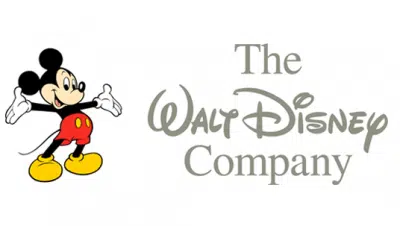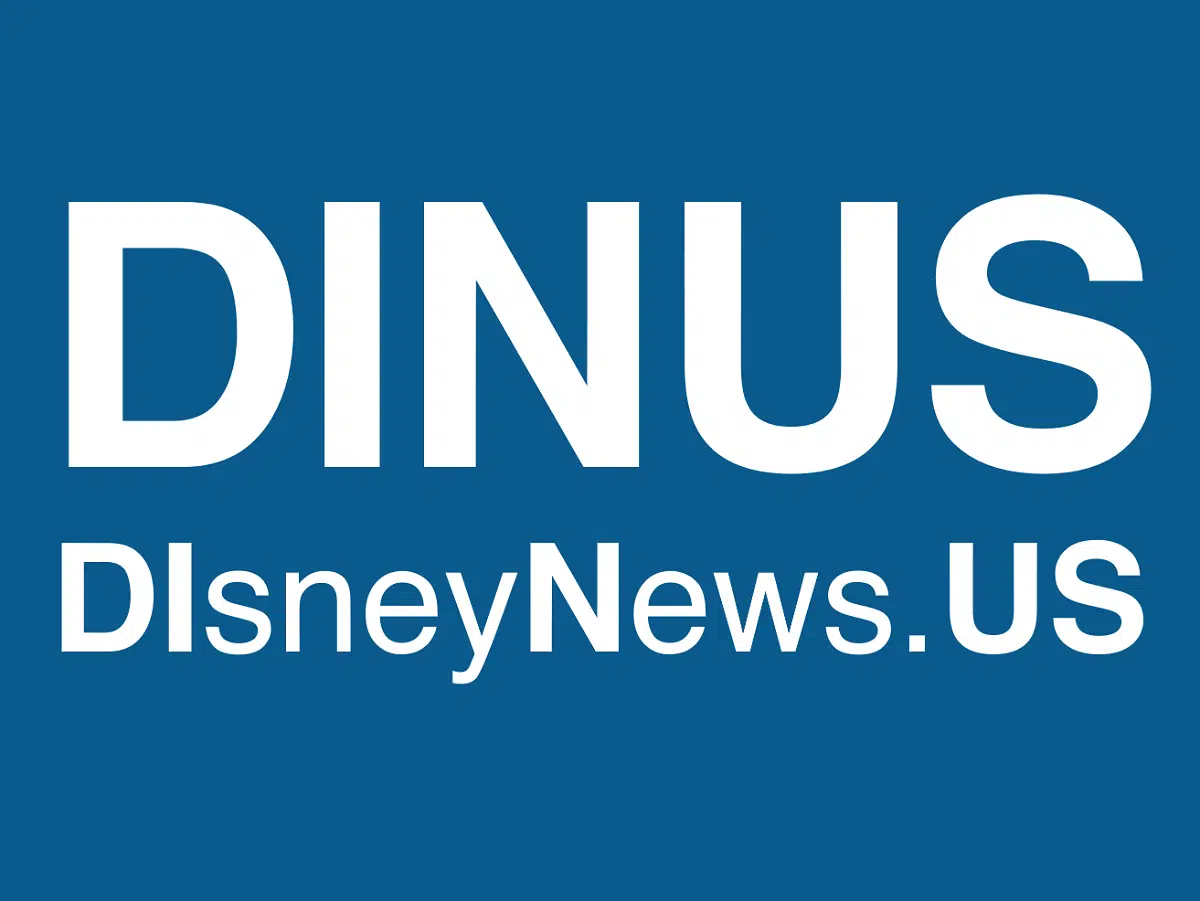Here is a quick rundown of the major Disney acquisitions over the years with dates and dollar amounts. With the recent Disney 21st Century Fox acquisition, I thought it would be a good time to take a look at that purchase and everything else they’ve bought. As always, I will be updating and adding to this post as new developments occur.

For decades, Disney kept their operations very close to the vest. While they operated across a number of channels, spanning all realms of entertainment, the Disney family steered pretty clear of major acquisitions, opting to grow organically and rely on their abundance of creativity.
This independence and reliance within came to a screeching halt in the 2000’s as Bob Iger took helm of Disney and began to steer the company in the direction of a number of other media giants, strategically filling in the gaps in their offerings with monstrous Disney acquisitions.
Disney Acquisitions Timeline
- Miramax – 1993; $60 million
- Capital Cities/ABC/ESPN – 1995; $19 billion
- Starwave – 1998; undisclosed
- Infoseek – 1999; undisclosed
- Fox Family Worldwide (Freeform) – 2001; $2.9 billion
- Baby Einstein – 2001; undisclosed (Sold to Kids II, Inc in 2013)
- The Muppets (and Bear in the Big Blue House) – 2004; $75 million
- CrossGen – 2004; $1 million
- Avalanche Software – 2005; undisclosed
- Pixar – 2006; $7.4 billion
- Oswald the Lucky Rabbit – 2006; traded for the rights to sports broadcaster Al Michaels
- Junction Point Studios – 2007; undisclosed
- Marvel – 2009; $4 billion (Saban Entertainment also joined Disney at this time)
- Hulu – 2009; 30% purchase (increased to full ownership in 2019)
- Wideload Games – 2010; undisclosed
- Tapulous – 2010; undisclosed
- Playdom – 2010; $563 million
- UTV Software Communications – 2011; $297 million
- Lucasfilm (Star Wars) – 2012; $4.06 billion
- Maker Studios – 2014; $500 million
- Sphero – 2014; unknown minority investment
- BAM – 2016 & 2017; $2.58 billion total
- 21st Century Fox – 2019; $71.3 billion
Long-term Effects of Disney Acquisitions on the Entertainment Industry
Disney’s strategic acquisitions over the past few decades have not only transformed the company but also had a profound impact on the broader landscape of the entertainment industry. These maneuvers have reshaped market dynamics, influencing content creation, distribution channels, and competitive strategies across the sector.
Influence on Content Creation: Disney’s acquisitions, particularly of high-profile properties like Marvel, Lucasfilm, and Pixar, have significantly altered the content creation paradigm. The incorporation of these iconic brands under the Disney umbrella has led to an explosion of blockbuster franchises. This concentration of popular characters and stories has enabled Disney to dominate box office charts and reshape audience expectations for blockbuster entertainment.
Changes in Distribution Channels: The acquisition of companies like BAM and the increased stake in Hulu reflect Disney’s strategic shift towards direct-to-consumer services. This move has not only diversified Disney’s revenue streams but also spurred a broader industry trend towards streaming services, challenging traditional TV and film distribution models. The industry is now seeing a streaming war, with competitors scrambling to build or enhance their own platforms.
Competitive Landscape Transformation: Disney’s aggressive acquisition strategy has raised the bar for what it takes to compete in the entertainment industry. Competitors are now under increased pressure to consolidate and expand their intellectual property portfolios to keep pace. This has led to a wave of mergers and acquisitions within the industry, as other major players seek to bolster their content libraries and distribution capabilities.
Creative Consolidation Concerns: While Disney’s acquisitions have led to a rich variety of content under its brand, there are growing concerns about creative consolidation. The industry is grappling with questions about the diversity of storytelling voices and the potential risks of a homogenized entertainment landscape dominated by a few large players.
Global Market Influence: Finally, Disney’s acquisitions have cemented its status as a global entertainment powerhouse. The company’s expanded portfolio allows it to cater to diverse international markets more effectively, setting trends and influencing content consumption habits worldwide.
Disney’s strategic acquisitions over the years have not only redefined its own trajectory but also left an indelible mark on the entire entertainment industry. From altering the competitive landscape to reshaping how stories are told and consumed, Disney’s influence continues to be a central force in the ongoing evolution of global entertainment.
Failed or Rejected Disney Acquisition Attempts
While Disney’s acquisition history is marked by a series of high-profile successes, it’s also noteworthy to mention the roads not taken – significant acquisition attempts that either fell through or were rejected. These moments offer a unique glimpse into the ‘what-ifs’ of Disney’s corporate strategy and the evolving dynamics of the entertainment industry.
Twitter: A Social Media Venture Not Realized: One of the most talked-about failed acquisitions was Disney’s 2016 bid to acquire Twitter. Initially seen as a move to expand Disney’s digital footprint and content distribution, concerns over Twitter’s management of hate speech and other troubling content led Disney to ultimately back away. This decision highlighted Disney’s careful consideration of brand alignment and the potential risks of diversifying into unfamiliar territories.
BuzzFeed: A Missed Connection in Digital Media: In a similar vein, Disney’s reported interest in acquiring BuzzFeed in 2014 did not materialize into a deal. While the acquisition could have significantly bolstered Disney’s presence in digital media and content aimed at younger audiences, the discussions did not advance to a final stage. This reflects Disney’s strategic prioritization and selective approach in expanding its media empire.
Potential Acquisition of Hasbro: Another intriguing episode involved Hasbro, the toy and board game giant. Reports surfaced around 2012 of Disney’s interest in acquiring Hasbro, which would have brought under its wing a vast array of toy merchandise and potential media properties. However, the deal never materialized, leaving industry observers to speculate on the potential synergies that might have been.
These instances of failed or rejected acquisitions are as telling as the successful ones. They demonstrate Disney’s willingness to explore diverse opportunities but also its cautious approach, ensuring that each potential acquisition aligns with the company’s long-term vision and brand values. In the high-stakes game of corporate acquisitions, Disney’s decisions to walk away are as strategic as its decisions to proceed, shaping the company’s trajectory and its role in the broader entertainment landscape.
